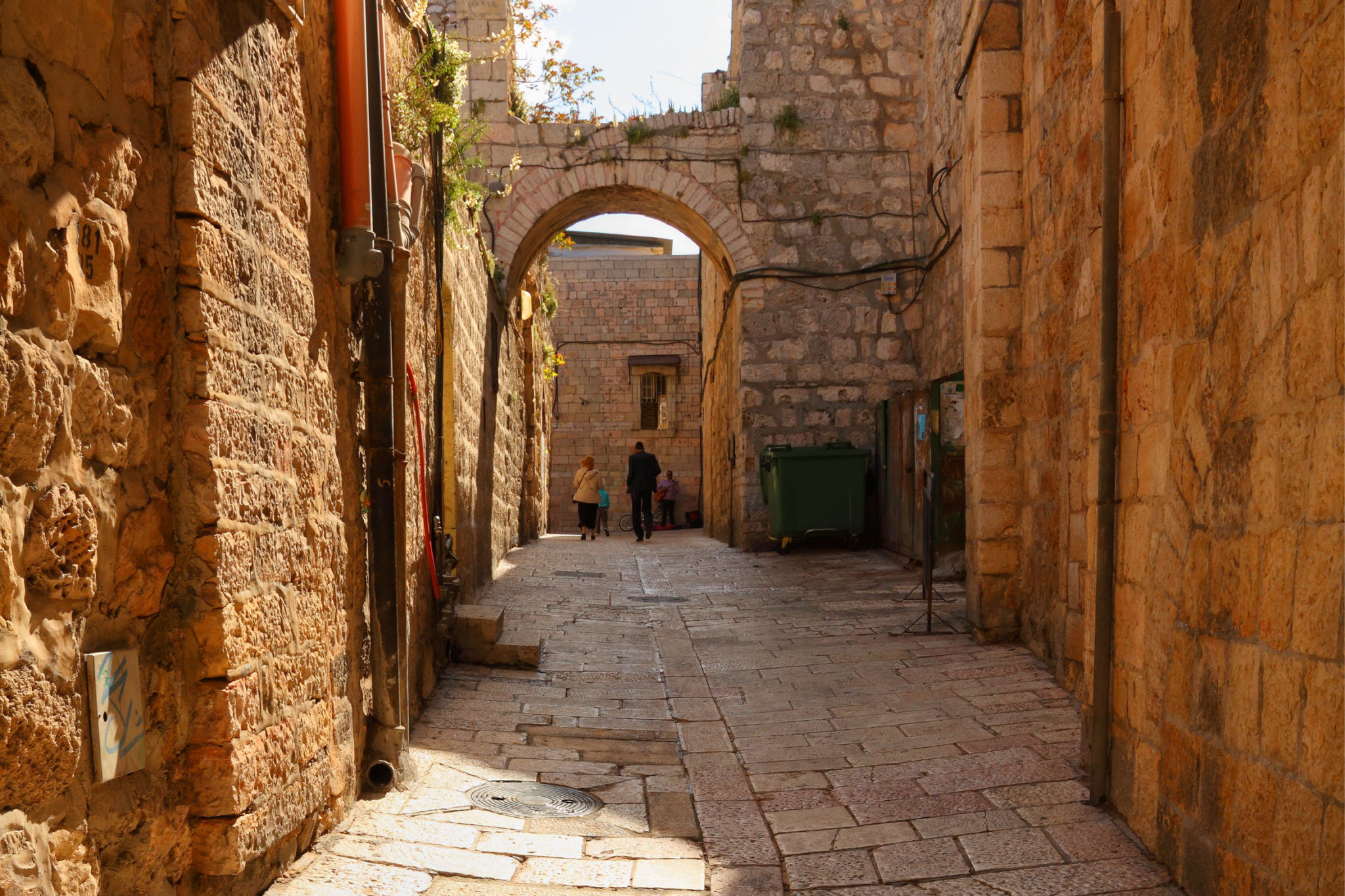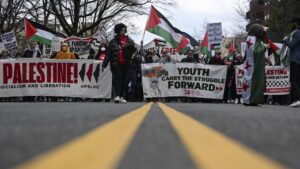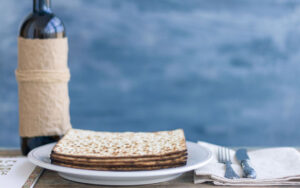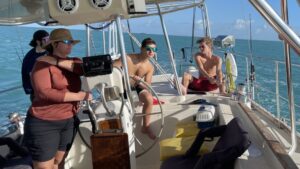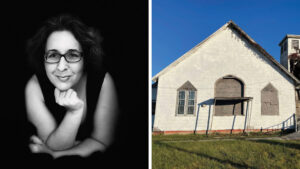I write these words from Jerusalem, where I am spending a month of study. This Jmore column has been devoted to Baltimore justice, but what can I learn about justice in Baltimore from thousands of miles away?
Jerusalem and Baltimore are very different cities. One is ancient, the other just old. One is the capital of Israel, the other home to well over 90,000 Jews. Both, remarkably, have a pretty solid craft beer industry.
And both cities, one just east of the Mediterranean Sea, the other just west of the Chesapeake Bay, feel to me at once familiar and foreign, comfortable and exotic.
This week, I chose the exotic. I awoke to the sun streaming in through the window of my apartment. As a pulpit rabbi, I don’t sleep in on Saturdays all that often. Not only am I in shul every week, but I need to be on time! Today, however, I slept late and it was glorious. When I awoke a bit late to go to shul (Israeli shuls start and end early), I decided to take a walk.
I filled my CamelBak water bottle, pointed myself away from the usual paths, and set off deliberately toward the unknown. I wandered, sans map, iPhone or wallet, to the west and southwest. I navigated winding streets and circuitous footpaths. I ascended and descended Jerusalem’s undulating hills, asking myself what I might see around the next corner.
I got lost!
In doing so, I found myself noticing things I might normally ignore or overlook when heading from some point A to some point B — a memorial to soldiers who died in the 1948 War of Independence; a monastery; a beautiful playground with children frolicking in their Shabbat clothes.
On my Shabbat morning walk, I rediscovered wonder.
Getting lost used to be a lot more common. In the days before smart phones and GPS, people would get lost all the time, especially when on vacation. And they’d get unlost, simply by asking some passerby for directions: “Excuse me, can you tell me how to get to Ben Yehuda Street or the cheese place on Emek Re’faim?”
But today, virtually everyone has a smartphone, with GPS. Technology protects us from the unfamiliar. And that’s sad, because getting lost is one of the most important things we can do!
This is where Baltimore justice comes in. One of the things we know from social science is that implicit bias governs much of human behavior. All humans have biases and prejudices. These can range from the quite benign (liking vanilla more than strawberry ice cream) to the problematic (thinking boys are better at science than girls). Implicit biases are the ones we’re unaware of, which is what makes them more difficult to address. Many Americans believe black people are more violent or that white people are less likely to sell or use drugs, even though both claims are demonstrably false.
It’s human nature to feel most comfortable with familiar places and people. We also tend to lump people together because of something called “out-group homogeneity.” When someone belongs to a group other than our own (a man if you’re a woman, a gay person if you’re straight, a Muslim if you’re Jewish or Christian), we tend to assume most or all members of that group share the characteristics of the few we’ve encountered.
How to fight this bias, to mitigate these tendencies? Spend time with more people from these out-groups. Neighborhoods, like so much of American society today, are echo chambers – particularly in still-segregated Baltimore. But if we explore the unknown, get lost in someplace a little unfamiliar, we can slowly begin to unmake the hidden and incorrect messages our brains tell us.
And who knows, maybe you’ll even discover beauty and meaning as I did wandering the unfamiliar streets of Jerusalem this past Shabbat!
Top photo: Getting lost in Jerusalem (stock image)
Daniel Cotzin Burg is rabbi of Beth Am Synagogue in Reservoir Hill, where he lives with his wife, Rabbi Miriam Cotzin Burg, and their children, Eliyah and Shamir. This column and others also can be found on TheUrbanRabbi.org. Each month in Jmore, Rabbi Burg explores a different facet of The New Jewish Neighborhood, a place where Jewish community is reclaimed and Jewish values reimagined in Baltimore.

